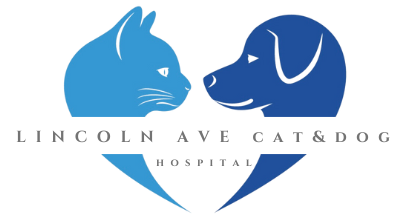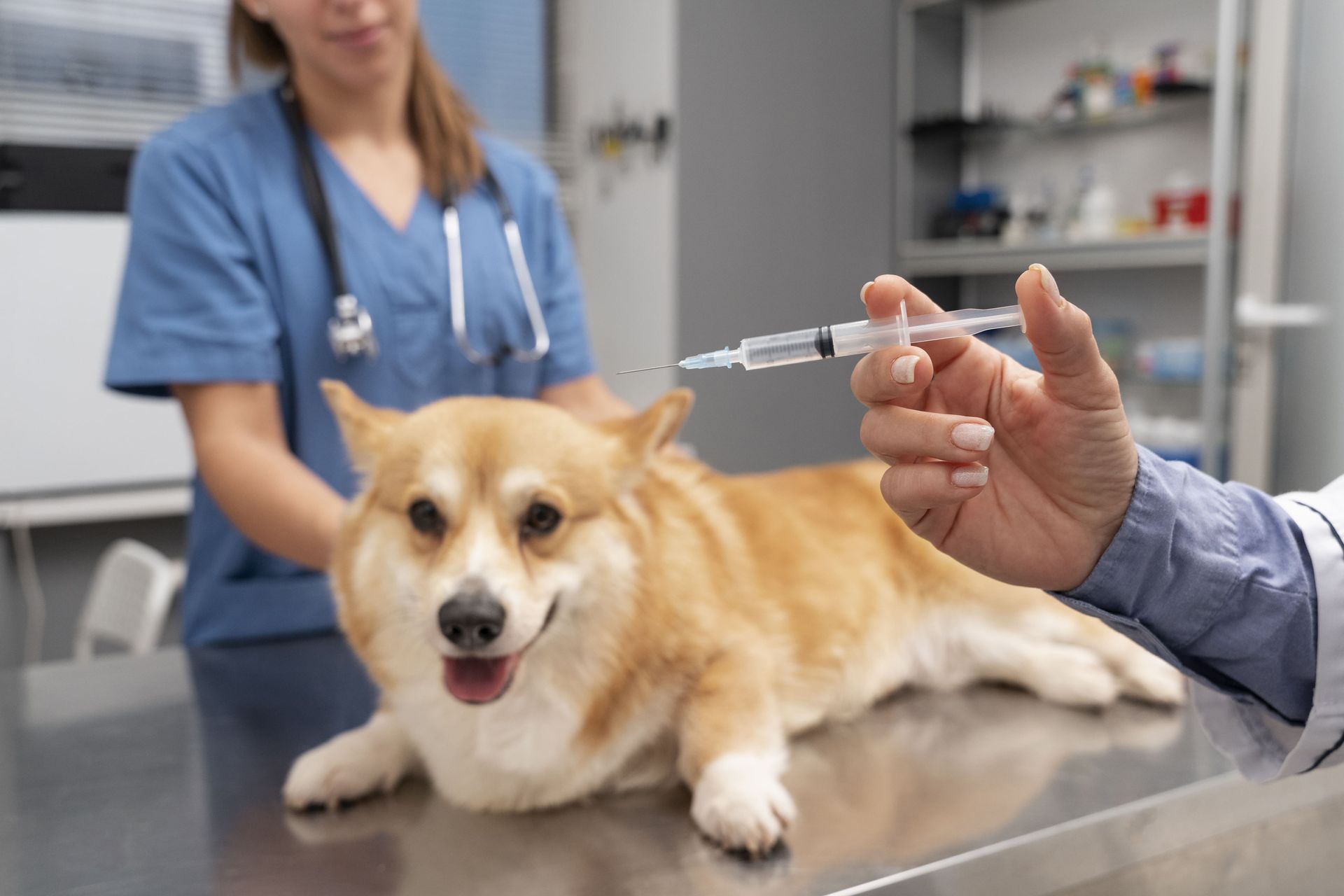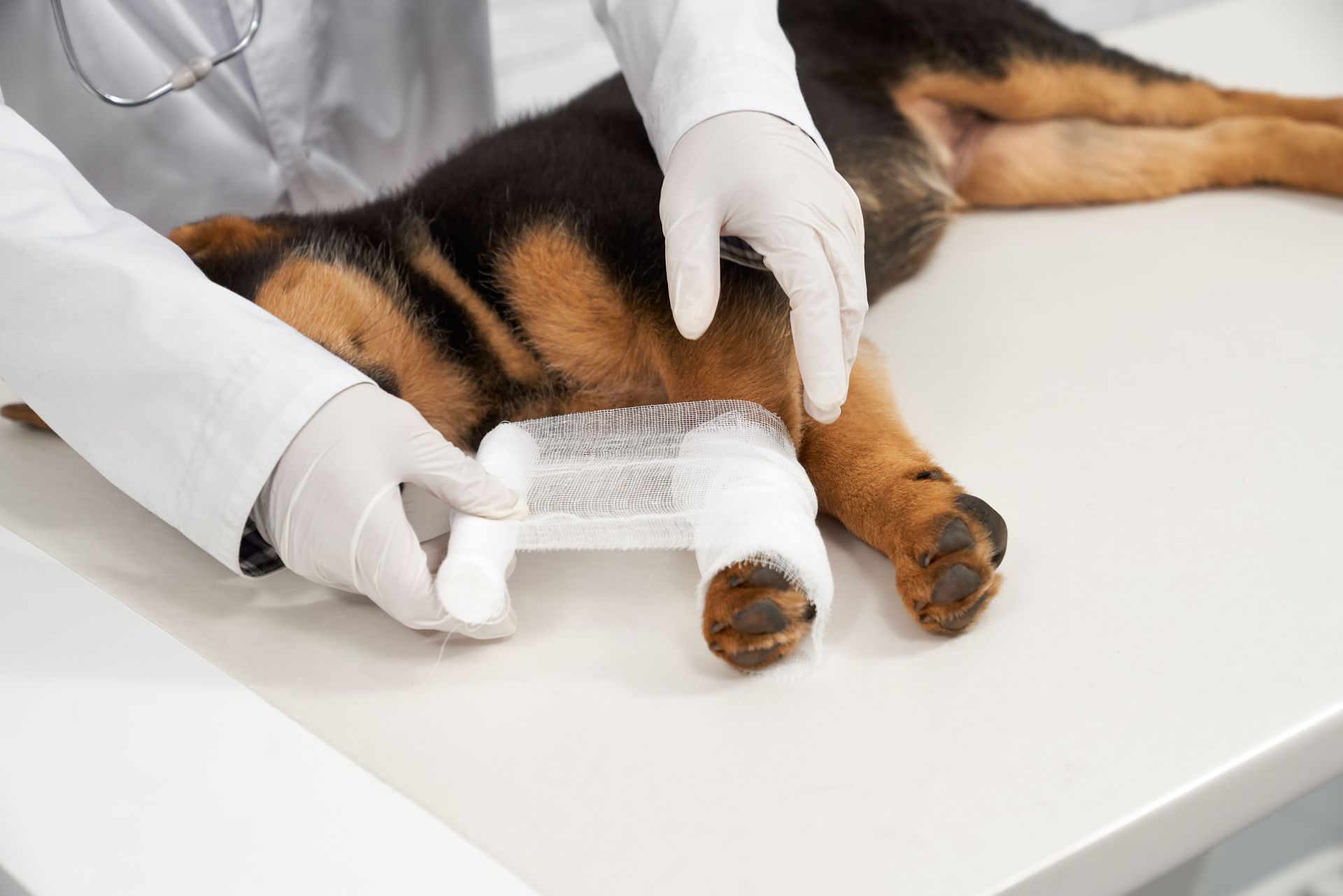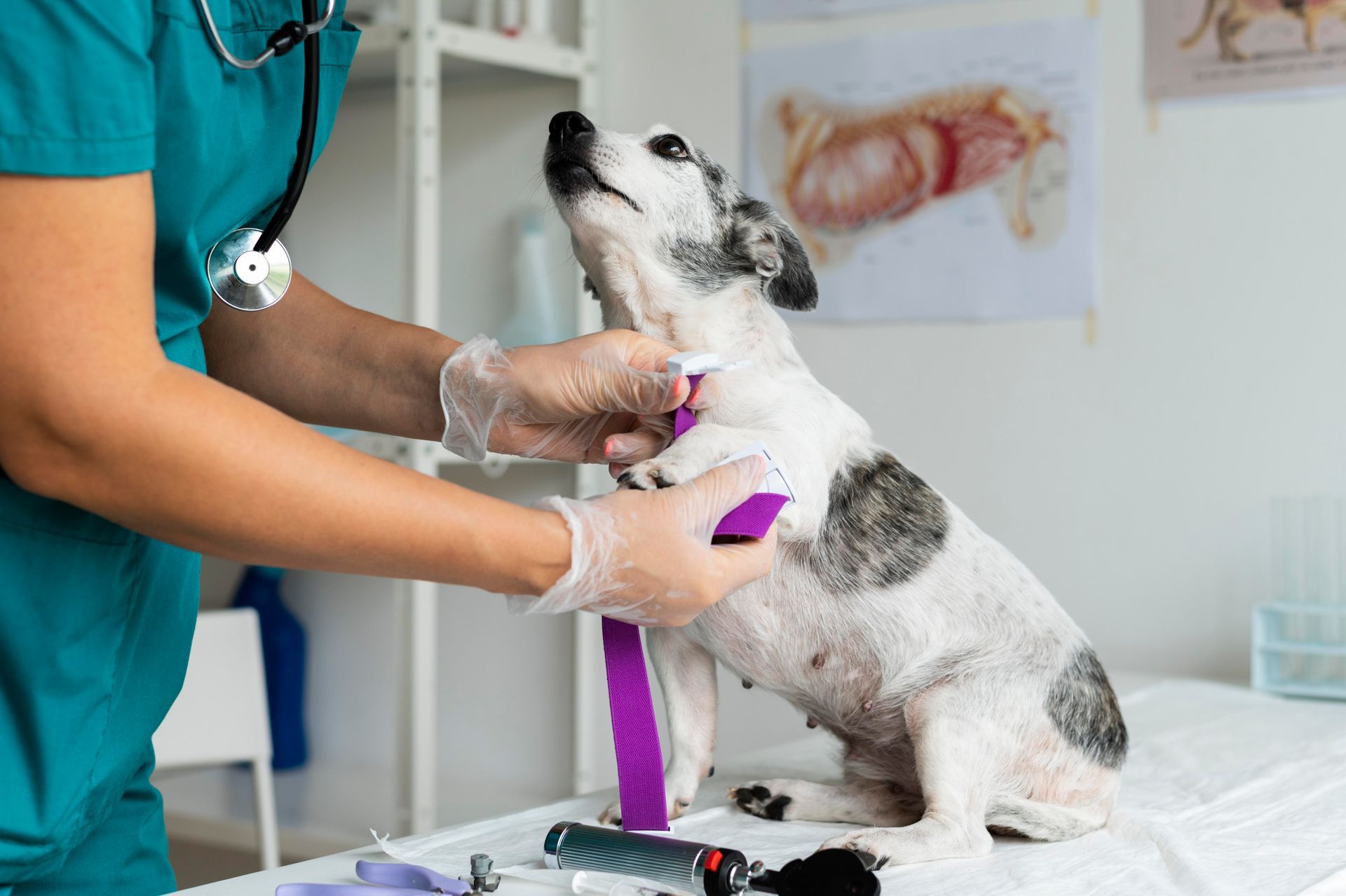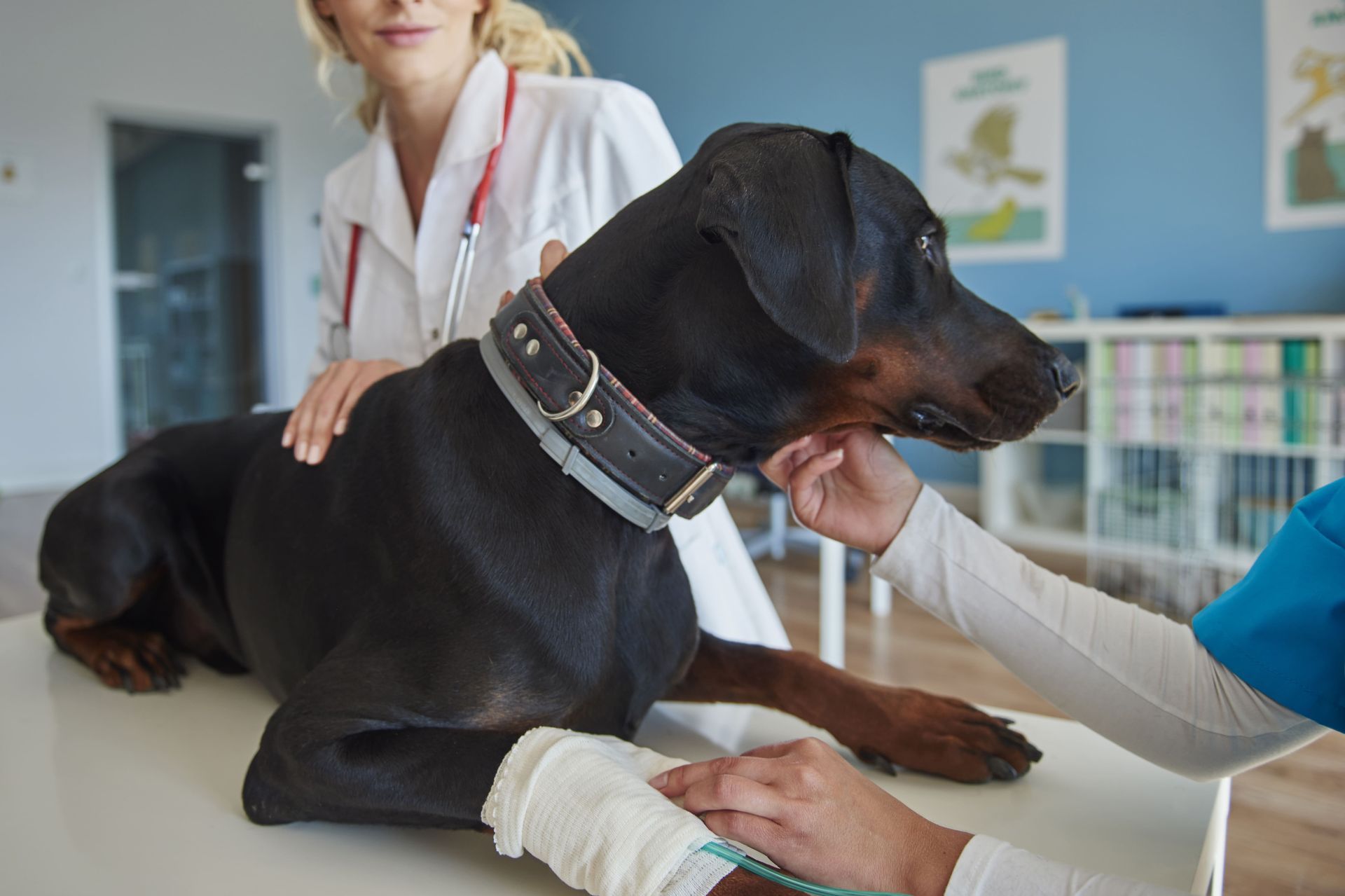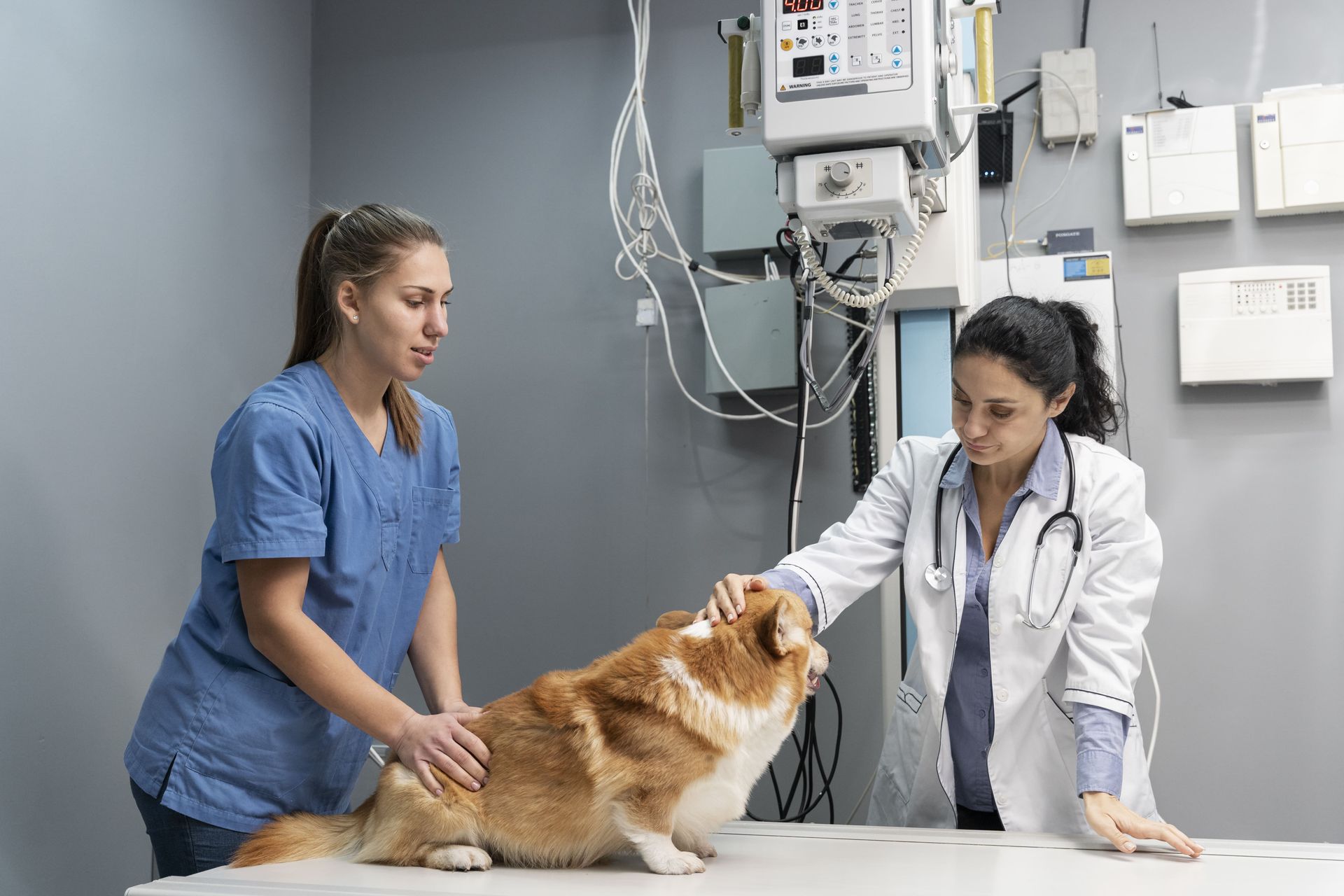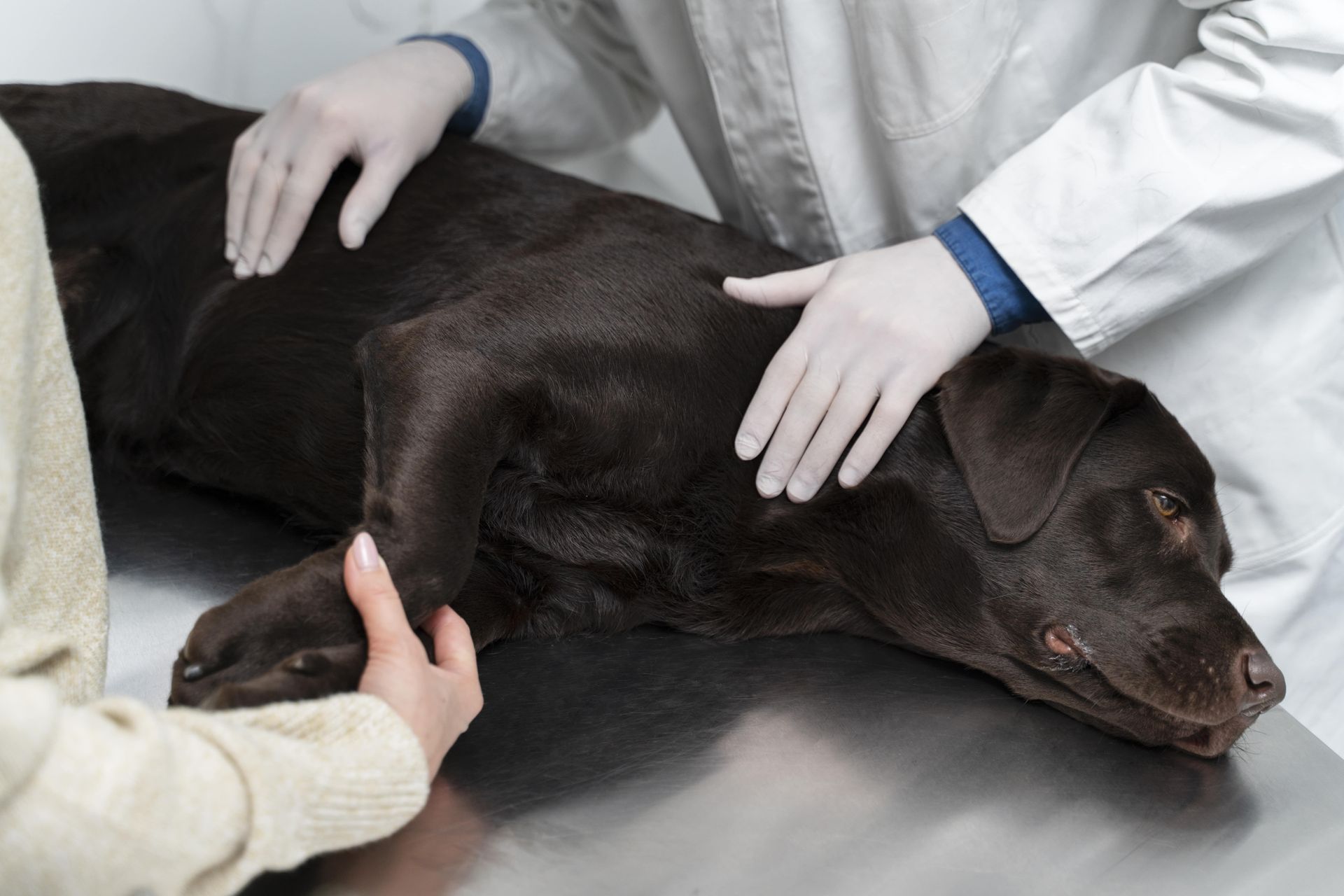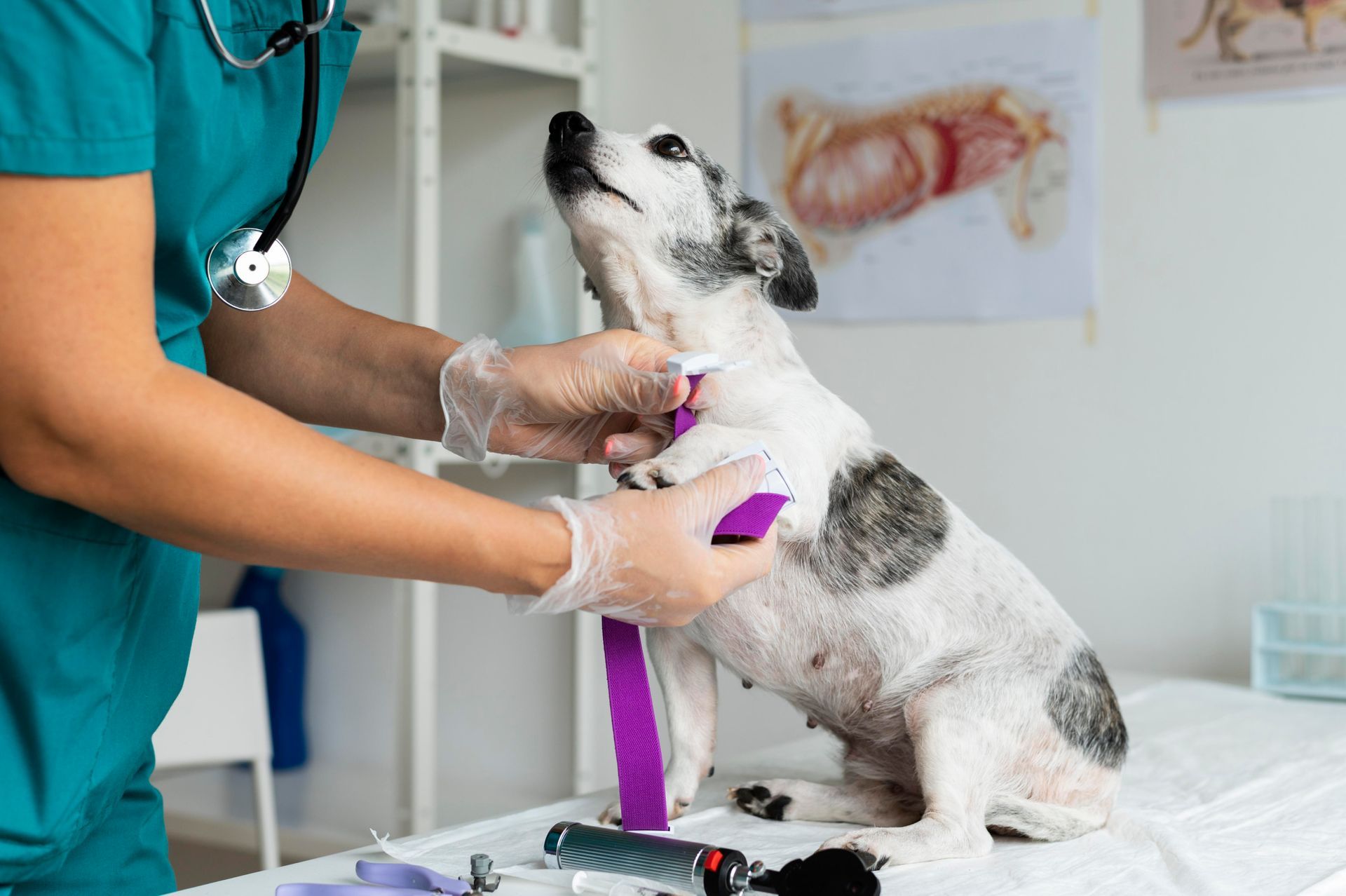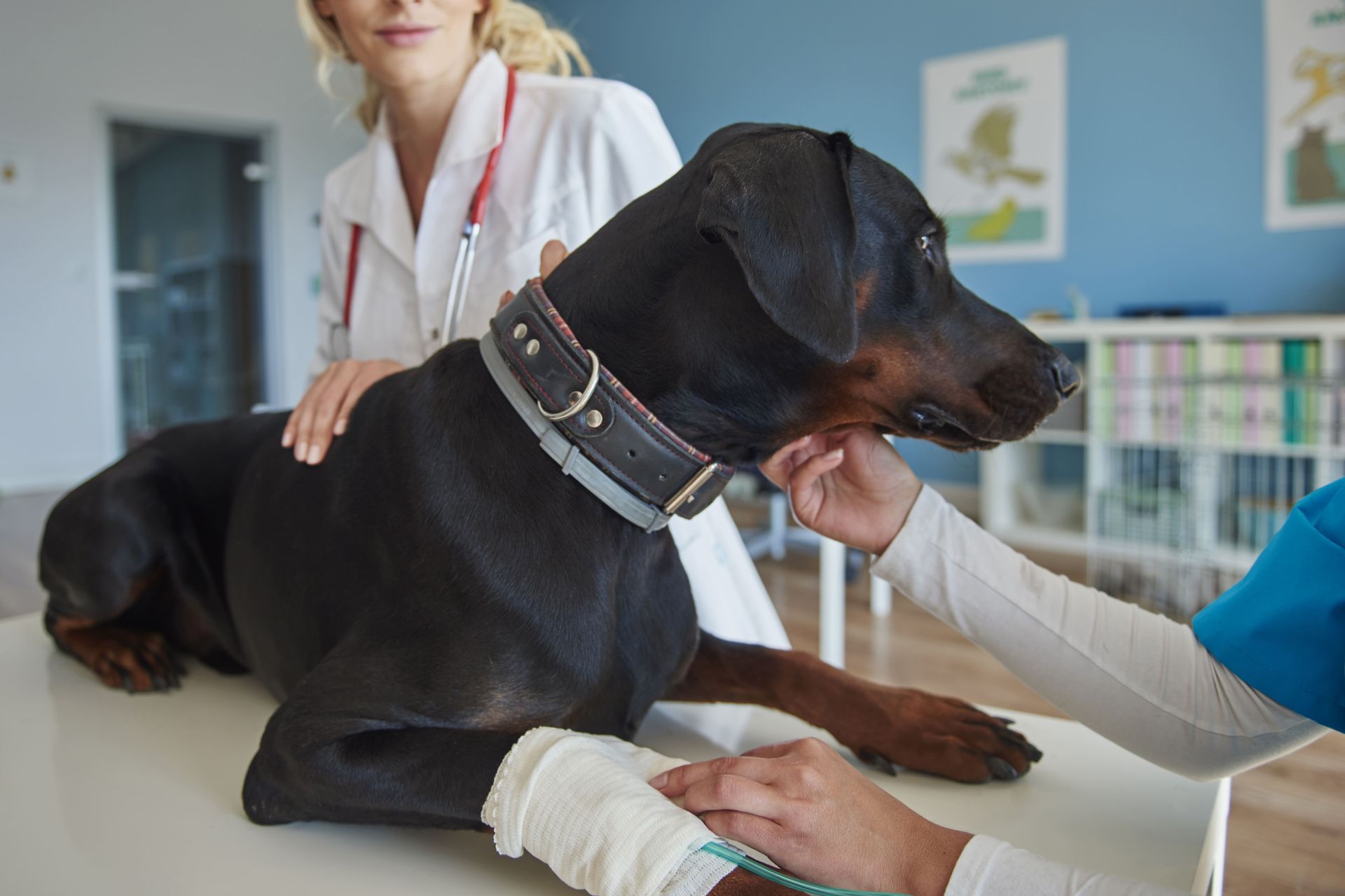Nutrition and Oncology: Can a Dog’s Dinner Bowl Impact Cancer Risk?
Every dog owner has stood over the food bowl, wondering if what they're feeding is truly the best choice. Kibble, raw, grain-free, homemade; the options are endless, and the opinions even louder. But when you bring nutrition and oncology
into the conversation, that daily scoop of food takes on an even deeper meaning. Could what goes into the bowl influence your dog's chances of facing cancer down the road? That's the big question many researchers and pet parents are asking.
In this blog post, we’re going to shed some light on exactly that. By the end of this blog post, you’ll get to know that diet plays a big role in your pet’s healthcare.
What Does Oncology Mean for Dogs?
Before diving into diets, it helps to understand what nutrition and oncology actually connect. Oncology is simply the study of cancer, which in dogs happens when cells grow and divide uncontrollably. Just like in humans, the reasons aren't always clear. Genetics plays a role, but lifestyle factors, like weight, exercise, and diet, are also being studied closely. For dog owners, this means the choices you make daily, especially around food, might influence long-term health more than you think.
Why the Food Bowl Matters More Than You Think
When veterinary nutrition and oncology, and preventive care come together, we always advise on a straightforward idea: nourishing the entire body. Every meal is way more than a calorie source; it is a cornerstone that builds stronger immune defenses, sustains a healthy weight, and keeps steady daily energy. Their body weight is one illustration; an overweight dog is at elevated risk for many illnesses, including several diseases. That reality catapults nutrition from an afterthought to a primary therapy. Each bowl served today is either a radiant thumbs-up to your dog’s immunity or quietly works against them.
Diet, Inflammation, and Cancer Risk
One of the most studied connections between nutrition and oncology is inflammation. Persistent inflammation can turn the entire body into a soft, sweltering garden for cancer cells to spring up. Meals brimming with rendered fats, fillers, and unrecognizable labeling can keep the flames tended. Contrast that with a plate of whole ingredients gently and, more often, the body's self-repair squads swing into confident action. The science points to a slow, steady marathon; it looks for patterns of plates and bowls over months rather than a one-shot winter squash “cure.”
Processed Foods, Fillers, and Long-Term Concerns
If you've ever turned a bag of kibble upside down and felt tongue-tied by the ingredients, you're not alone. Research in nutrition and oncology keeps hinting that heavily processed meals, synthetic preservatives, and a wall of empty-calorie fillers could, in the long run, nudge the body in the wrong direction. That doesn't mean we should fear every bag on the shelf; the finer the quality, the better. Treating ingredients the same way we treat annual check-ups lets us quietly, yet powerfully, steer the long road of health in the right direction.
The Power of Antioxidants and Whole Foods
Whenever we chat about pet nutrition and oncology, antioxidants pop up in almost every sentence. These small but mighty compounds, found in everyday treats like blueberries, leafy greens, and sweet carrots, help wrestle oxidative stress, a known player in cancer's long game. Offering your dog a few vet-approved, antioxidant-laden foods may give their natural protective systems a useful boost. Lean proteins and omega-3-rich meals also appear in many studies for their role in reducing inflammation and smoothing the edges of cellular repair.
Commercial Diets vs. Homemade: Which Supports Oncology Better?
One debate in nutrition and oncology is whether commercial diets or homemade meals are better for reducing cancer risk. Store-bought diets are quick and frequently meet AAFCO guidelines, yet the ingredient quality and additive choices can vary widely. Conversely, meals prepared in your kitchen provide ingredient governance but may overlook essential nutrients unless the recipe is well-researched. Bottom line: reputable commercial diets can be safe when read through the lens of ingredient transparency, and homemade meals can be adequate when they're balanced and diverse. Focus on whole, nutrient-dense foods rather than the source of those foods. Quality, balance, and variety are more important than whether the food comes from a bag or your kitchen.
Obesity: The Overlooked Factor in Dog Cancer Risk
When considering nutrition and oncology, obesity deserves its spotlight. Excess body fat releases extra free fatty acids, changes leptin and other hormone profiles, and cranks up systemic inflammation. Collectively, these processes may hand cancer a more hospitable internal venue. The good news is that losing weight is a tidy, evidence-supported action. Keeping your dog at a healthy weight is one of the most practical, proven steps you can take for long-term pet healthcare. The healthiest trick is a leaf that you steal from one plant and prepare from it.
Everyday Nutrition Habits That Make a Difference
What is the best part about linking nutrition and oncology? The preventive choices are straightforward. Most owners succeed simply by making a habit of small, mindful actions:
- Reserve tasty treats for special occasions, and pick options that are low in saturated fat and refined sugars.
- Change protein sources regularly, so your pup's meals include a colorful variety instead of a single repeating ingredient.
- Add veterinarian-approved berries, leafy greens, or other safe produce for an extra serving of natural antioxidants.
- Scan package labels, and choose foods where named meat: beef, chicken, turkey is at the top of the ingredient list.
These simple routines may seem like little steps, yet when added up across years, they become the steady backdrop to lifelong wellness.
When to Bring the Vet Into the Conversation
Even though we’re talking about nutrition and oncology, no blog can replace the expertise of a veterinarian. Does your dog's weight or appetite alter suddenly? Or is a lump appearing in any area? Don't wait; just schedule a visit. Thinking of a commercial food switch, a raw-to-cooked transition, or home-prepared meals? Your vet is the best partner for guiding you through each step. You can make the day-to-day choices, yet your veterinarian's
expertise keeps the broad picture in clear focus.
Conclusion: Small Choices, Big Impact
At the end of the day, nutrition and oncology both remind us that prevention isn't about revolutionary change; it's about daily consistency. Giving your dog breakfast and dinner is something you do every morning and every evening, and those small decisions make a big difference. No diet can promise a cancer-free life, but giving your dog's body balanced, quality nutrition is one of the most real steps you can take as part of routine care for pets.
Your dog doesn't think about antioxidants or inflammation; they just know the joy of dinner time. By making thoughtful choices at the food bowl, you're not just filling their stomach; you're potentially supporting a healthier, longer life.
